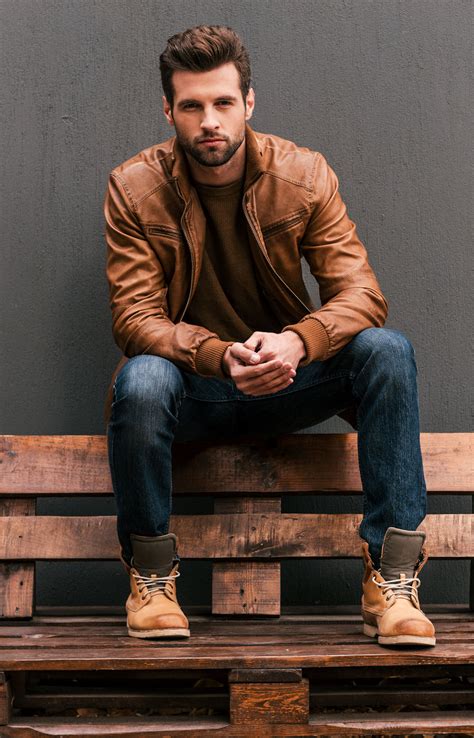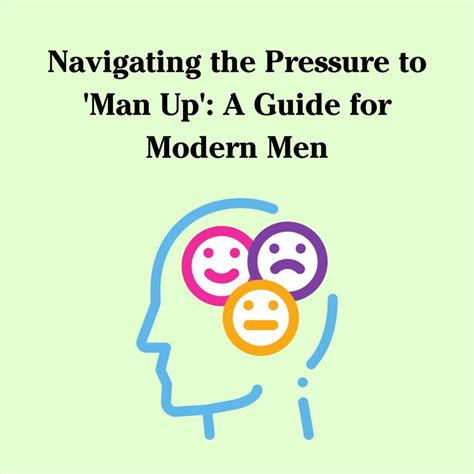The Unseen Burden: Navigating the Pressure to Be Invincible
From a young age, many men are subtly, and sometimes overtly, conditioned to believe that showing emotion, admitting weakness, or asking for help are antithetical to masculinity. The societal script often dictates that men must be the stoic protectors, the unyielding providers, and the unflappable problem-solvers. This pervasive pressure to always appear strong and capable creates a significant internal burden, forcing men to construct elaborate emotional facades to meet these expectations.
While outwardly projecting an image of resilience and control, men often engage in complex internal navigation. This journey is rarely discussed, frequently isolating, and can have profound implications for mental and emotional well-being. Understanding this internal landscape is crucial to fostering healthier definitions of masculinity and supportive environments.
The Roots of the Pressure and Its Internal Toll
The origins of this pressure are multifaceted, stemming from cultural norms, media portrayals, family expectations, and peer dynamics. Traditional masculine ideals often equate strength with the absence of vulnerability, leading men to suppress natural human emotions like fear, sadness, and self-doubt. Internally, this suppression can manifest as a constant battle between their authentic feelings and the ‘strong’ persona they feel compelled to maintain.

This internal conflict can be exhausting. Men might constantly self-monitor their expressions and reactions, fearing that any ‘slip’ could expose them as ‘weak’ or ‘less than.’ This fear can prevent them from sharing their true struggles, leading to feelings of loneliness, isolation, and an exacerbated sense of being overwhelmed. The silence becomes a heavy cloak, designed to protect but often suffocating.
Coping Mechanisms: The Good, The Bad, and The Unseen
To navigate this internal pressure, men develop various coping mechanisms. Some become hyper-independent, refusing help even when desperately needed. Others immerse themselves in work or hobbies, using busyness as a distraction from internal turmoil. Emotional detachment, a common strategy, allows men to avoid confronting painful feelings by simply not acknowledging them, even to themselves. This can lead to strained relationships, as partners and family members may perceive them as distant or uncaring.

While these mechanisms might offer temporary relief or maintain the desired external image, they come at a significant cost. Prolonged emotional suppression is linked to higher rates of anxiety, depression, substance abuse, and even physical health problems. The internal pressure cooker can lead to explosive outbursts, passive aggression, or a quiet, persistent despair that goes unnoticed by others.
Finding Internal Resilience and Redefining Strength
Navigating this pressure effectively requires a paradigm shift, both individually and culturally. Internally, men begin to find healthier pathways by:
- Acknowledging the Pressure: Recognizing that the pressure is real and not a personal failing is the first step.
- Practicing Self-Compassion: Allowing for human imperfection and treating oneself with kindness, rather than harsh self-criticism.
- Redefining Strength: Understanding that true strength includes vulnerability, emotional intelligence, and the courage to ask for help.
- Cultivating Emotional Literacy: Learning to identify, understand, and express a full range of emotions in healthy ways.

The Path Towards Authentic Self-Expression
Breaking free from the shackles of perceived invincibility is a journey, not a destination. It often involves finding safe spaces and trusted individuals – be it a therapist, a close friend, a partner, or a support group – where men can shed their armor and express their true selves without fear of judgment. These relationships provide vital anchors, helping men to process their internal struggles and develop healthier coping strategies.

Furthermore, challenging societal norms around masculinity is crucial. When society begins to celebrate emotional honesty and empathetic leadership as true strengths, the internal pressure on men to perform an impossible ideal will gradually lessen. It’s about recognizing that a man can be strong and capable precisely because he is also human, complex, and capable of a full range of emotions.
Conclusion: Towards a More Human Masculinity
The internal navigation of pressure to always appear strong and capable is a profound and often solitary struggle for many men. It’s a testament to their resilience that they manage this complex emotional terrain, but the cost to their well-being is often immense. By fostering environments that champion emotional honesty, redefining strength to include vulnerability, and encouraging genuine connection, we can help men shed the burden of an impossible ideal. This shift not only benefits individual men but enriches society as a whole, allowing for a more authentic, emotionally intelligent, and truly capable masculinity to emerge.





